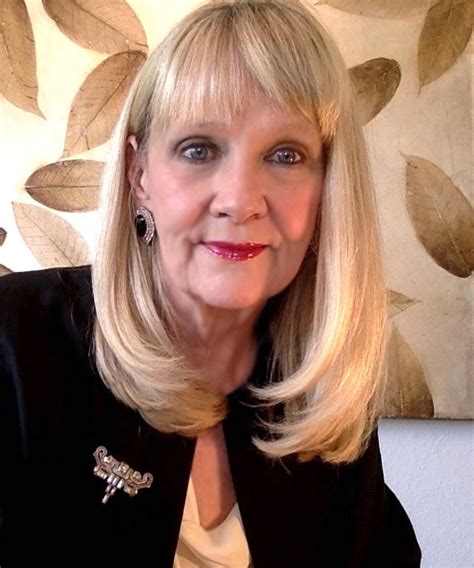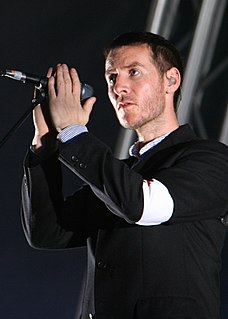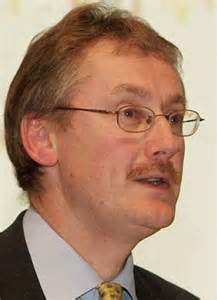A Quote by Marianne Williamson
It's tempting to think that decisions that are not life-and-death are therefore unimportant, and that the little compromises we make don't matter to our bottom line or our spiritual selves. How many of us are tempted, in business, to make a less-than-ethical decision? To appropriate someone else's idea or fudge some numbers? We have to remember that maintaining our ethical and spiritual selves is absolutely linked with achieving the degree of success we're working toward.
Quote Topics
Absolutely
Achieving
Appropriate
Bottom
Bottom Line
Business
Compromises
Death
Decision
Decisions
Degree
Else
Ethical
Fudge
How
Idea
Less
Life
Line
Linked
Little
Maintaining
Make
Many
Matter
Numbers
Our
Remember
Selves
Some
Someone
Spiritual
Success
Tempted
Tempting
Than
Therefore
Think
Toward
Unimportant
Us
Working
Related Quotes
Ultimately, one of the best ways to take care of our souls is to build a society that supports rather than undermines our highest moral and spiritual intuitions and inclinations. Yet, building that society can never be divided from the daily practices through which we live out our ethical and spiritual lives, both in the way we treat others around us, and in the way we nourish the God within us.
The life of grace is not an effort on our part to achieve a goal we set ourselves. It is a continually renewed attempt simply to believe that someone else has done all the achieving that is needed and to live in relationship with that person, whether we achieve or not. If that doesn't seem like much to you, you're right: it isn't. And, as a matter of fact, the life of grace is even less than that. It's not even our life at all, but the life of that Someone Else rising like a tide in the ruins of our death.
Some might say that looking inside of ourselves for spiritual truths is egocentric and selfish, and that egolessness and selflessness lie in working for others in the world. But until we find our inner truth, our work in the world will always revolve around our 'selves'. As long as we think about the world in terms of 'self' and 'others', our actions will be selfish. Our 'self' follows us wherever we go, so positive results will be limited.
Managing the power of choice, with all its creative and spiritual implications, is the essence of the human experience. All spiritual teachings are directed toward inspiring us to recognize that the power to make choices is the dynamic that converts our spirits into matter, our words into flesh. Choice is the process of creation itself.
Many of us incorrectly assume that a spiritual life begins when we change what we normally do in our daily life. We feel we must change our job, our living situation, our relationship, our address, our diet, or our clothes before we can truly begin a spiritual practice. And yet it is not the act but the awareness, the vitality, and the kindness we bring to our work that allows it to become sacred.


































